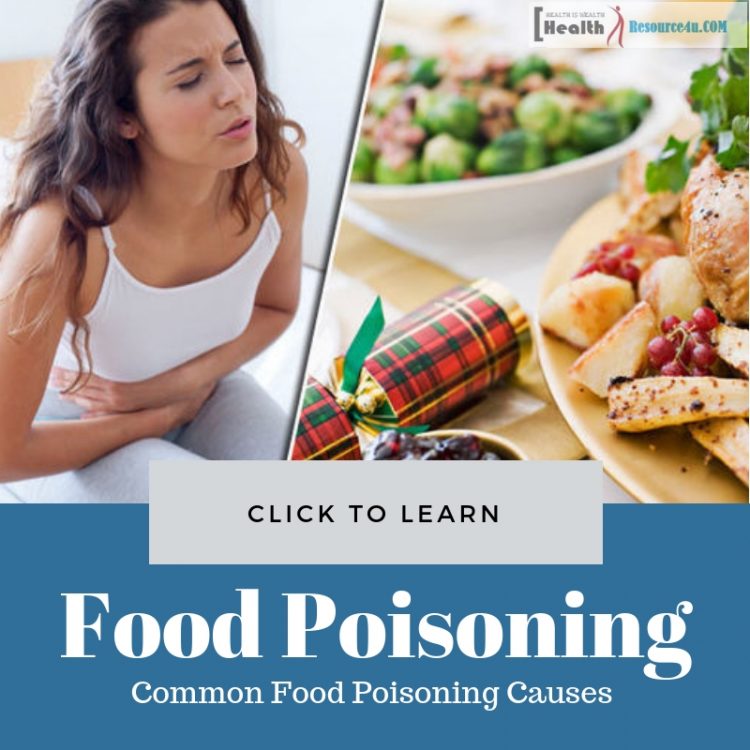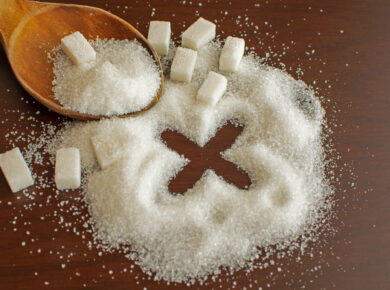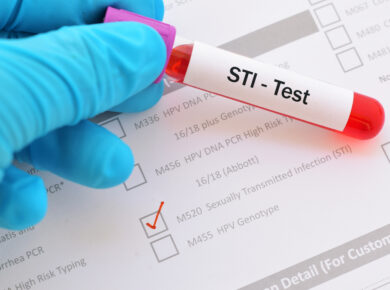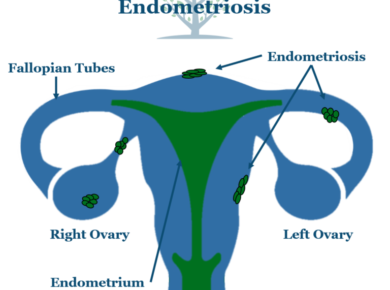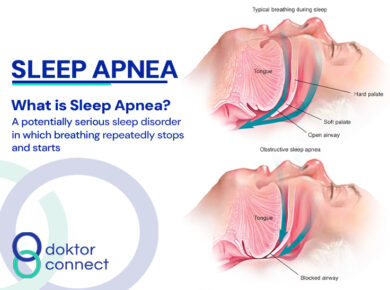Foodborne illness, more commonly referred to as food poisoning, is eating contaminated, spoiled, or toxic food.
Causes of food poisoning
Food poisoning can be traced to one of three major causes: bacteria, parasites, or viruses.
These pathogens can be found in almost all the food humans eat. However, heat from cooking usually kills pathogens on food before it reaches our plate.
Occasionally, food will come in contact with the organisms in fecal matter or vomit. It is likely to occur when an ill person prepares food and does not wash their hands before cooking.
Meat, eggs, and dairy products are frequently contaminated. Water may also be contaminated with organisms that cause illness.
Food poisoning is usually caused by the following:
campylobacter bacteria
salmonella bacteria
E. coli bacteria
Norovirus (Vomiting bug)
Signs and symptoms
The symptoms of food poisoning usually begin within one to two days of eating contaminated food. However, they may start between a few hours and several weeks later.
The main symptoms include:
- feeling sick (nausea)
- vomiting
- diarrhea, which may contain blood or mucus
- stomach cramps and abdominal pain
- a lack of energy and weakness
- loss of appetite
- a high temperature (fever)
- aching muscles
- chills
- a weak immune system– for example, because of medication, cancer treatment or HIV treatment.
How food poisoning is diagnosed:
A doctor may be able to diagnose the type of food poisoning based on your symptoms.
In severe cases, blood tests, stool tests, and tests of food eaten may be conducted to determine what’s responsible for the food poisoning. Also, a urine test is collected to evaluate whether a person is dehydrated because of food poisoning.
How can I prevent food poisoning?
- keep raw meat, poultry, seafood, and eggs separate from other foods
- prepare salads and refrigerate them before handling raw meat, poultry, seafood, or eggs
- promptly refrigerate or freeze foods that can spoil
- wash your hands with soap and water before and after handling food
- wash fruits and vegetables before eating, cutting, or cooking
- cook foods long enough and at high enough temperatures to kill harmful microbes
- wash utensils and surfaces after each use
- don’t eat foods that can spoil that have been sitting out for more than 2 hours, or in temperatures over 90 degrees, for more than 1 hour
Treatment:
Most people with food poisoning recover at home and don’t need any specific treatment, although there are some situations where you should see your Healthcare practitioner.
It is important to rest and drink fluids to prevent dehydration. Try to drink plenty of water, even if you can only sip it.
Eat when you feel up to it, but try small, light meals at first and stick to bland foods – such as toast, crackers, bananas, and rice until you begin to feel better.
Oral rehydration solutions (ORS), which are available from pharmacies, are recommended for more vulnerable people, such as the elderly and those with other health conditions.
In some cases, adults can take over-the-counter medicines.
Speak to a doctor if you are experiencing any of these symptoms, as food-poisoning can be life threatening if not managed properly.
